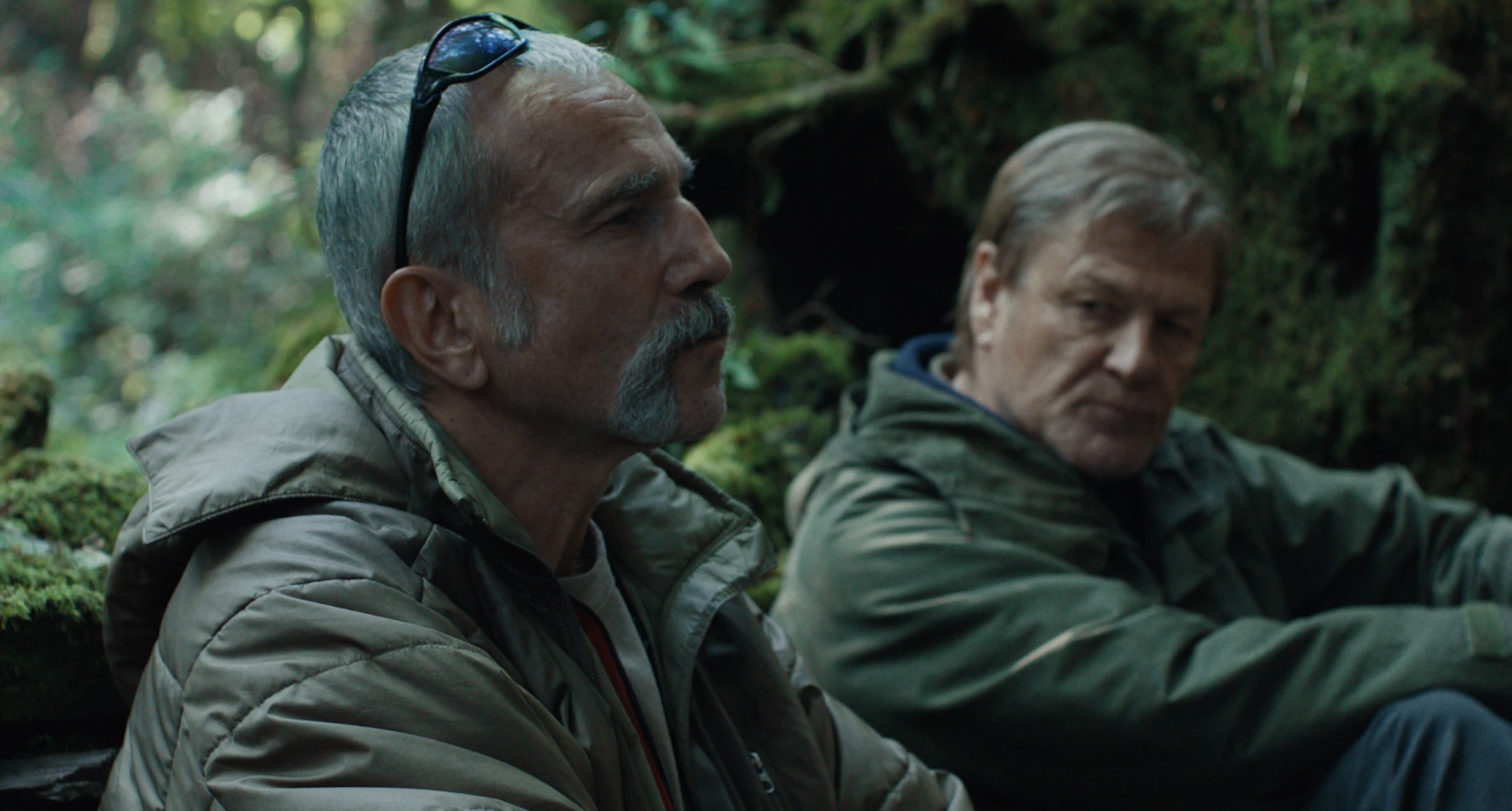
"It is teenager Brian's deepening troubles that have spurred Jem to seek out his brother in the lush but forbidding woods, where Ray leads an ascetic life devoted to the most basic human survival. Ronan Day-Lewis, a painter making his feature directorial debut, is at his best in creating, along with cinematographer Ben Fordesman, a sense of the unpredictability of nature, culminating in a dramatic hailstorm."
"But what unnatural trauma has led the brothers to their separation? It takes most of the film to find out. We know that Jem has brought with him a letter from Nessa (Samantha Morton), that Ray at first does not read. But the brothers connect, slowly, in mundane activities like brushing their teeth, swimming in the ocean, or dancing wildly together."
"This bracing monologue - in which he describes defecating on the man in sickening detail - is only a precursor to an extraordinary speech later in the film that is vintage Day-Lewis, a searing account of the life-altering moment he killed a young boy. "I don't need your absolution," he snarls to his brother, when the latter tries to veer him away from the guilt and shame that have crippled him for 20 years."
Anemone centers on brothers Jem and Ray, estranged for two decades after an unnamed trauma. Jem lives a devout domestic life with Nessa and their son Brian; Brian's worsening behavior prompts Jem to find Ray living ascetically in remote woods. Ray's survivalist lifestyle and the film's vivid natural cinematography create a sense of unpredictability, culminating in a hailstorm. The brothers reconnect through simple routines and conversations, and Ray ultimately recounts revenge against an abuser and delivers a searing confession about killing a young boy. The confession initiates a fraught search for absolution and potential reconciliation.
Read at Kqed
Unable to calculate read time
Collection
[
|
...
]